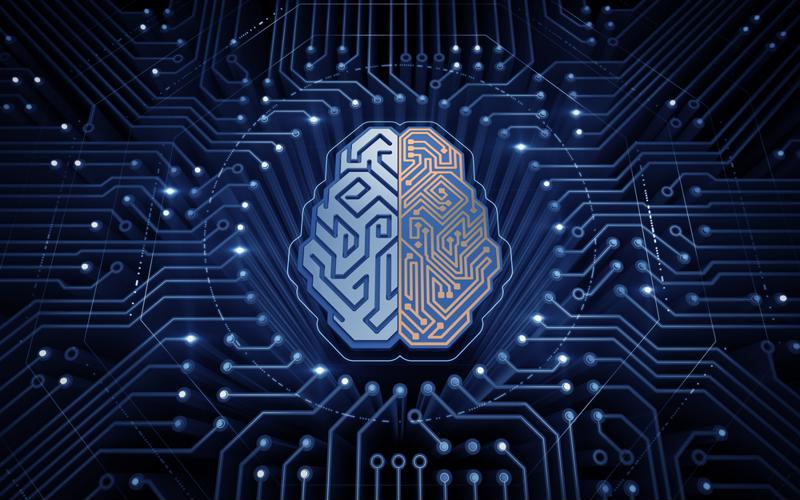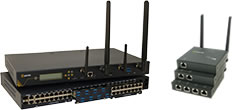
4 industry uses for predictive analytics
By Max BurkhalterNovember 18, 2021
The applications of artificial intelligence are growing at an incredible rate. By the day, new industries are adopting AI for its benefit to productivity, efficiency and safety.
Beyond those three areas, however, AI is flexing its ability to predict events, trends and decisions before they happen. Through predictive analytics, AI enables industry leaders to make informed decisions, mitigate risks and prevent potential disasters.
In this article, we'll discuss the practical applications of predictive analytics across a range of industries. From health care to finance to manufacturing, artificial intelligence is paving the way for a new future of prepared resilience.
Health care
Physicians are pioneering the use of predictive analytics in health care. The medical field is constantly innovating new ways to care for their patients, whether that be through new procedures, medicines or technology. Predictive analytics are helping doctors improve the medical decision-making process.
According to Health IT Analytics, researchers at New York University are using predictive models and machine learning to accurately predict cardiovascular disease. Their model also guides doctors toward the most effective treatment for their patient. By using analytics, AI factors in patient risk, incidence and outcome to make proper medical recommendations.
AI also streamlines the diagnosis process and can even determine if a patient is exhibiting signs of early Alzheimer's disease. Throughout the medical field, predictive analytics are improving the quality and efficiency of health care.

Business
Across the supply chain, whether it be retailers or manufacturers, businesses use predictive analytics to their advantage. AI, for example, can help a business forecast inventory requirements based on predicted demand. Airlines, on the other hand, use predictive analytics to determine ticket prices based on historical data.
Forbes claims predictive analytics are also a major asset to marketers. Data-driven marketing relies on predictive analytics to create accurate profiles of their target customers. They apply analytics throughout a customer's lifecycle in an effort to acquire, convert and retain their business.
Finance
The financial world is often at the cutting edge of smart technology. Artificial intelligence and predictive analytics are especially important for the future of finance. Organizations rely on data to forecast revenue and identify inefficiencies.
Investment bankers are also leveraging predictive analytics to see how their portfolio might perform in the near to distant future. Although relying on predictive models doesn't guarantee financial success, investors are using their forecasts to make smarter decisions and more profitable trades.
Weather
Forecasting the weather has never been easy, but it's always been important. To best prepare for an incoming storm — especially dangerous weather events, like tornadoes and hurricanes — companies rely on predictive analytics.
Forecasts are becoming far more accurate thanks to AI. Their predictive capabilities give meteorologists plenty of reason to be confident in their forecasts. With a blend of historical data and trend analysis, AI is able to read weather patterns and relay accurate predictions in time for people to steer clear of danger.
Machine learning models rely on data to become smarter. As their everyday use grows in popularity, the amount of data they consume will grow, too. Predictive analytics are helping industries become smarter, faster and safer decision-makers.



